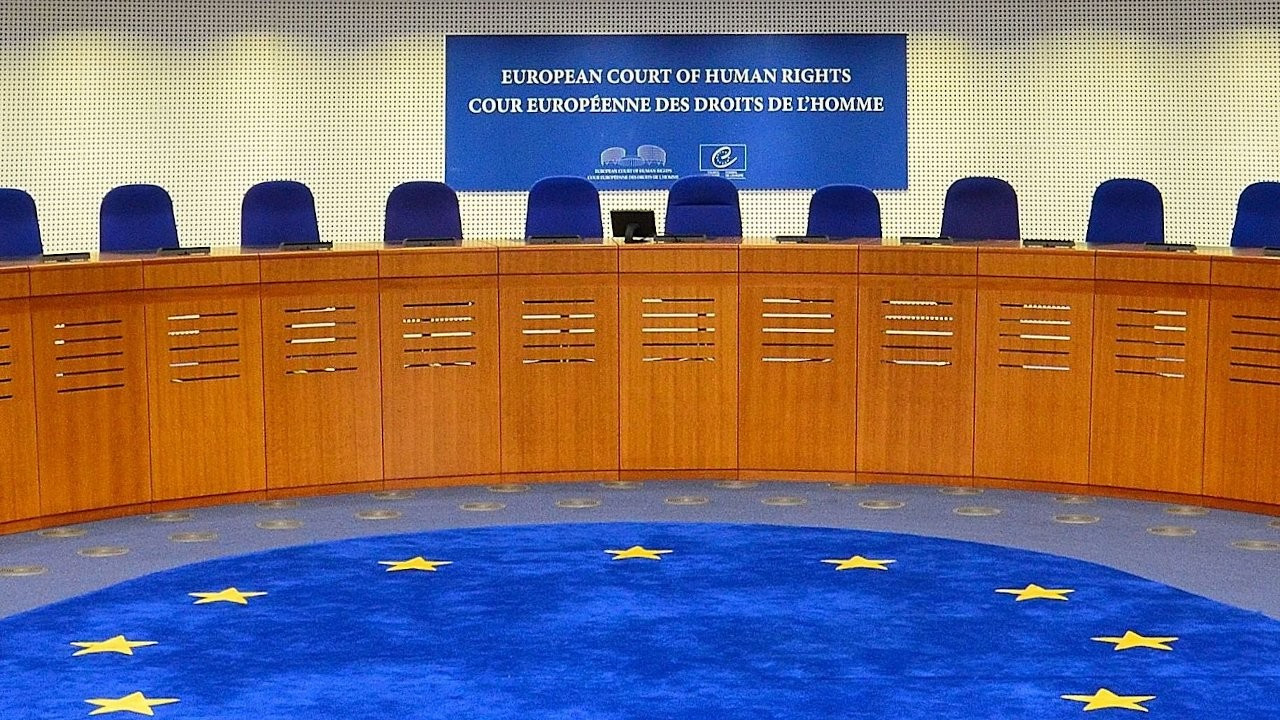Top Turkish court rules thousands of public servants ousted illegally
Turkey's Constitutional Court has ruled that an article of a statutory decree legitimizing the dismissal of thousands of public servants on the grounds of national security concerns was in fact illegal, Deutsche Welle Turkish reported on June 28. Main opposition CHP had appealed several articles of the decree passed in 2018 that allowed for the dismissal of public employees if the National Security Council found they were members of organizations threatening the public's safety.
Duvar English
Turkey's Constitutional Court has ruled that an article of a statutory decree that permitted the dismissal of thousands of public employees on grounds of national security concerns was in fact illegal, Deutsche Welle reported on June 28.
The main opposition Republican People's Party (CHP) had appealed several articles of the decree passed in 2018 that allowed for the National Security Council (MGK) to dismiss public servants on the grounds of their membership to organizations that threaten public security.
The legislation was passed as an extension of the state of emergency established following the failed coup attempt of July 15, 2016, widely believed to have been undertaken by the Gülen network.
Turkish courts cracked down on public offices in attempts to cleanse the system of potential "coup plotters," a practice that caused thousands of people their posts.
The law passed in 2018 legitimized the practice and allowed for the dismissal of 4,464 public servants for being "members of or connected to organizations, groups or constructs that function against the national security" of the country.
The Constitutional Court unanimously voted to dismiss the article concerning public servants' "membership" to such organizations on the grounds that the MGK was not authorized to rule on a person's connections outside of states of emergency.
The court ruled that the relevant article was in violation of the presumption of innocence, and that a person couldn't be convicted, meaning ousted from their public post, without a court ruling.
The top court ruling will reportedly not be applied retrospectively, meaning that thousands who were ousted based on the illegal legislation would not be able to return to their posts.

 Turkey's top court reverses state of emergency decree allowing media closuresMedia
Turkey's top court reverses state of emergency decree allowing media closuresMedia Turkey violated rights of employee sacked based on an emergency decree, top Europe rights court rulesHuman Rights
Turkey violated rights of employee sacked based on an emergency decree, top Europe rights court rulesHuman Rights